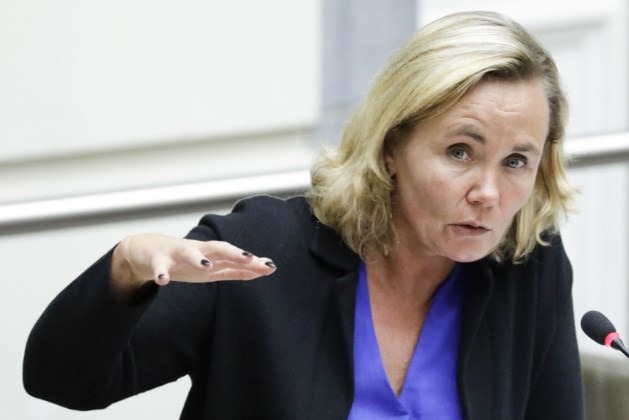The Flemish government will not accredit any new mosques in the region for the next five years, according to home affairs minister Liesbeth Homans. Homans (photo) had commissioned a study from the university of Leuven, which she now says justifies a probation period of five years for any new house of prayer seeking accreditation as a mosque or other official church. Accredited churches of any of the main religions receive government subsidy.
But the conditions currently applied for accreditation to be granted are, Homans says, outdated. The new regime would apply tighter control on matters such as the gifts received from overseas, which would be banned. Some conditions appear specifically targetted at mosques, such as an investigation of the influence of the Turkish government on the activities of a Belgian mosque. All forms of preacher, priest or imam must undergo an integration procedure, ad be installed by the official representative organisation of the religion – in the case of an imam, by the Muslim Executive.
With only three months left until the regional elections in May, Homans' proposal has little chance of being approved by the Flemish government and parliament. However her party N-VA is sure to form part of the new government post-election, when the proposal can be expected to resurface.
There are currently 57 applications pending from faith communities wishing to become churches. They were already approved by state security, but under the new rules, if passed, would nevertheless be subject to a probation period.
The study by the university had recommended a probation period of three to five years, and Homans has opted for the upper limit.
“The intention is that during the probation period, contact will be made with officials whose job will be to guide the applicants in meeting the criteria,” explained Leuven professor Rik Torfs. “But that doesn't mean that nothing can happen during the five years.”
The communities concerned will still be able to carry out the full range of religious ceremonies; they will simply not be eligible for state support.
Alan Hope
The Brussels Times

